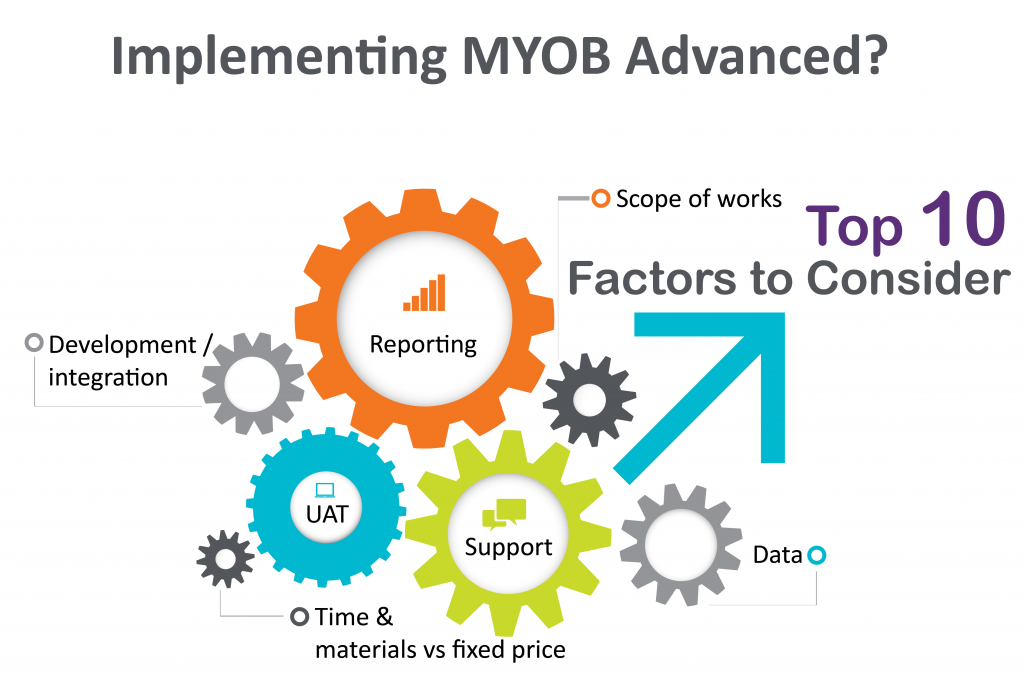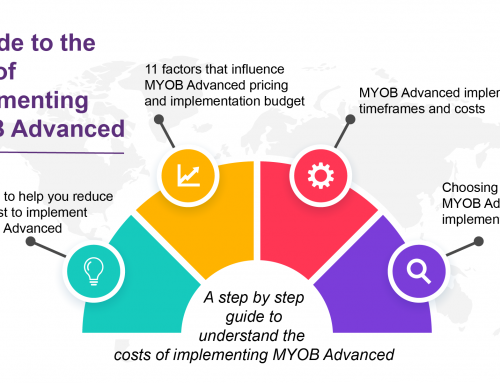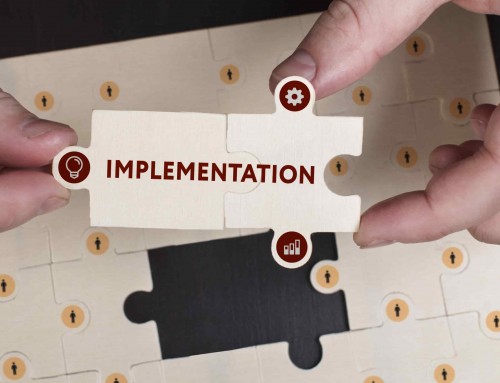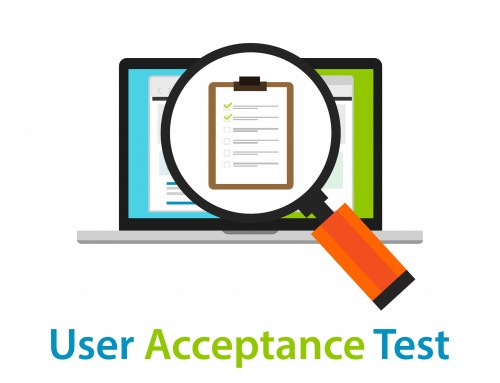Implementing MYOB Acumatica? Why it pays to check your implementation proposal – not all MYOB Acumatica implementation proposals are created equal. Top 10 factors to consider.
When implementing MYOB Acumatica (formerly MYOB Advanced) it pays to spend time evaluating your implementation proposal to make sure you have all the “basis covered” and that you are not going to have any nasty surprises when it comes to budget and/or timeline.
MYOB Acumatica can be implemented in a relatively short timeframe and can provide a quick Return on Investment (ROI). However, the implementation process needs to be carefully managed. This process of careful management starts with your implementation proposal.
It pays to carefully check your implementation proposal to make sure that there are no gaps in the pricing that you have been quoted to implement MYOB Acumatica. If you compare proposals from two different MYOB Acumatica (formerly MYOB Advanced) implementation partners, you might find large discrepancies in the consultancy days (and cost) to implement MYOB Acumatica. To make sure that you are comparing “like for like proposals” and to help with your evaluation of the cost to implement MYOB Acumatica here are the top ten factors to consider/compare:
- Data – one of the most critical elements of an ERP implementation and subject to great variations on any MYOB Acumatica implementation cost/proposal. Different implementation partners and customers will approach quoting for data conversion very differently. Factors to consider:
- Who has responsibility for the data conversion (customer or MYOB Acumatica implementation partner)?
- What data will be converted?
- How many data sources are currently in use?
- How up-to-date is the current data?
- Are there any legal requirements with regard to historical data (for example, medical and food industry requirements for traceability)
- Is there a business requirement to import historical data (for purchase planning, reporting analysis, warranty tracking or open project requirements)?
- Does your business have internal technical resources that have time available to work on the data conversion with your MYOB Acumatica implementation partner?
- How complex is the data conversion requirement in your business?
- What volume of data needs to be converted?
Only after answering these questions can you start to get a feel for the scope of your data conversion requirements. The problem is that some ERP implementation partners will quote a simple time and materials fee for data conversion without fully analysing and understanding the true data conversion requirements. This can lead to budget creep as the initial scope of work was underestimated. When comparing proposals for data conversion, make sure that you are comparing proposals that have taken into account the above-mentioned factors and that the data conversion proposal is not assuming that all responsibility for data rests with you, the customer. Remember that if your business has access to limited technical resources and if your internal team are time-poor, you will require additional external MYOB Acumatica implementation partner time to ensure successful conversion of data.
- Project management – check your MYOB Acumatica implementation proposal to see how much time has been allocated to project management. A structured approach to project management, budget and resource allocation and scope management will help streamline your project. If your MYOB Acumatica implementation partner has not allocated sufficient time to managing (and reporting the progress of your MYOB Acumatica implementation), you may not be getting the right level of communication and support required as part of the implementation methodology. Be careful of proposals that leave all project management tasks up to you, the customer. Most small to medium-sized businesses do not have the internal bandwidth to manage an ERP implementation without project management input from their MYOB Acumatica partner. Project management (and project admin) requirements will vary based on the complexity, duration and size of the implementation.
- Internal resource requirements – as stated above, most small to medium-sized companies lack the internal resources to manage the implementation of ERP solutions without substantial input and assistance from a certified and experienced implementation partner. This is an obvious statement. The part that is not so obvious when comparing implementation proposals for MYOB Acumatica is just how much time and effort is expected from a customer and where do the implementation partner responsibilities and resource commitments begin and end.
- UAT – User Acceptance Testing is an important part of an MYOB Acumatica (formerly MYOB Advanced) implementation. It is during User Acceptance Testing that users begin to test MYOB Acumatica to make sure that the solution has been correctly configured to your business requirements (in the safety of a test environment – prior to go-live). UAT also assists with user training and building confidence in the new system. When comparing MYOB Acumatica implementation proposals make sure that you are comparing similar proposals for UAT that include UAT test scripts, time allocated by the MYOB Acumatica partner to assist with UAT testing and time allocated to re-working any feedback from UAT.
- Reporting – yes, MYOB Acumatica offers lots of standard reporting including great analytics and dashboards. Even so, it pays to check your MYOB Acumatica implementation proposal to see what your implementation partner has included for report writing, analytics and dashboards. Most small to medium-sized businesses lack the time and technical expertise to create their own (more complex) reporting without some level of assistance from their MYOB Acumatica implementation partner. Ask questions – what reporting is included in my MYOB Acumatica implementation methodology, what report writer training is included and how many customised dashboards are part of the implementation proposal?
- Development/integration – is any integration, development or third-party solution required as part of the delivery? If so, has the integration requirement been carefully specified in a written scope of work? Is the consultancy required to deliver the integration based on a fixed price or a time and materials estimate? How detailed is the requirements analysis/scope?
- User training – comprehensive and well-planned user training is an important part of any successful MYOB Acumatica implementation strategy. Ask your MYOB Acumatica implementation partner what training is included in the implementation proposal. Is training documentation available and is the trainer an experienced systems trainer?
- Scope of works – has your MYOB Acumatica implementation partner completed a scope of works (requirements analysis) that outlines your system and functional requirements? Does the scope of work include:
- A project plan with timelines
- A resource register/resource requirements list
- Comprehensive details of each functional area of the business
- A gap analysis
- Support – does your MYOB Acumatica implementation partner offer a comprehensive post-go-live support plan? What is included in the MYOB Acumatica support plan and what does the SLA (Service Level Agreement) include?
- Time and materials vs fixed price – has your MYOB Acumatica implementation partner proposed an agile (do and charge) or waterfall (fixed price / fixed scope)?
MYOB Acumatica is an outstanding ERP solution that offers excellent functionality across multiple business sectors. To realise your return on investment talk to the award-winning MYOB Acumatica (formerly MYOB Advanced) team at Leverage Technologies on 1300 045 046.








Leave A Comment